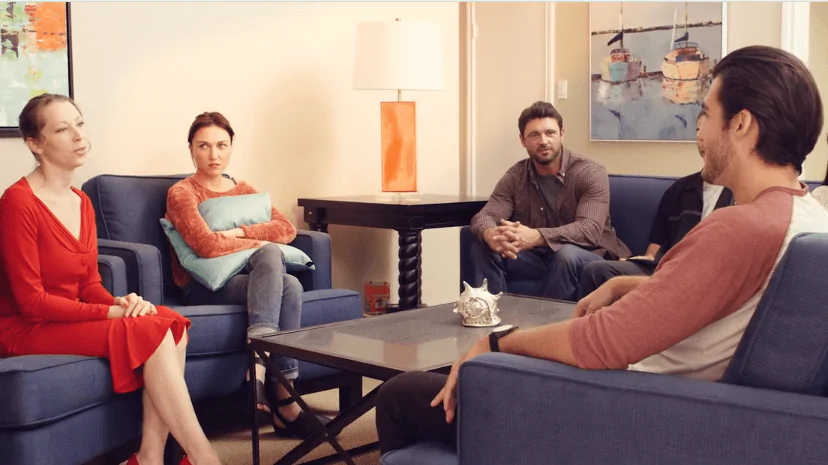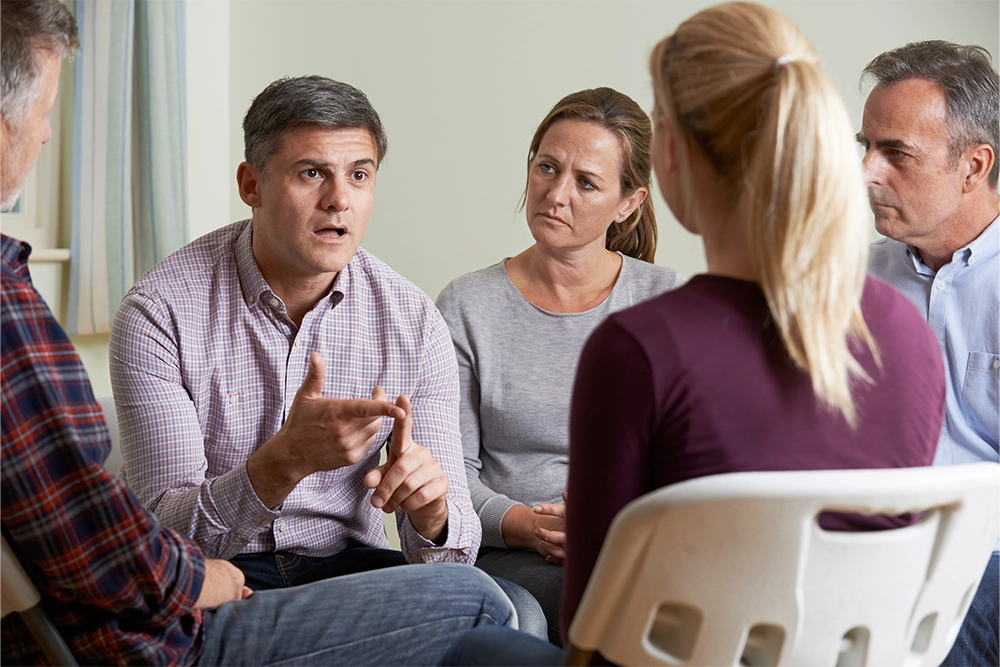24/7 Helpline:
(866) 899-111424/7 Helpline:
(866) 899-1114
Learn more about Couples Rehab centers in Loudon County

Other Insurance Options

Premera

PHCS Network

Regence

Group Health Incorporated

Meritain

Ambetter

UMR

Health Partners

Medical Mutual of Ohio

Highmark

ComPsych

Humana

Sliding scale payment assistance

Optima

CareFirst

Health Choice

Holman Group

MHNNet Behavioral Health

Evernorth

MVP Healthcare
































Helen Ross McNabb Center – Loudon County
Helen Ross McNabb Center - Loudon County is located in Lenoir City, Tennessee. Helen Ross McNabb Cen...

Spero Health – Lenoir City
Spero Health – Lenoir City is a private rehab located in Lenoir City, Tennessee. Spero Health – Leno...

Peninsula Behavioral Health – Outpatient
Peninsula Behavioral Health – Outpatient is a private rehab located in Lenoir City, Tennessee. Penin...





